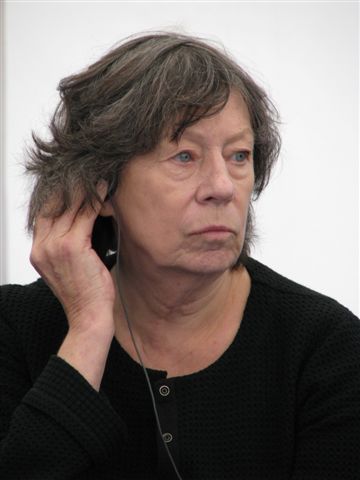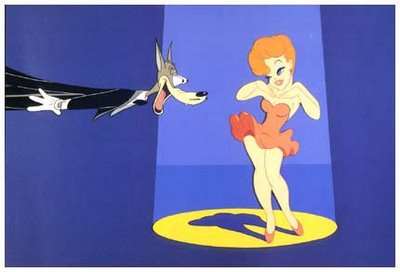The concept called “Male Gaze” was brought by Laura Mulvey, a British feminist film theorist and filmmaker. She criticizes how cinema perpetuates gender inequality through the lens of the “Male Gaze”, and argues that female characters are often positioned as passive objects of desire, and serve the purpose of pleasing male audiences instead of making development of the story.


Let’s use the example of Transformers (2007) as I figure viewers on this page may be already familiar with it. By dissecting and analyzing the plots of the story in this particular movie, we can find that Megan Fox’s role as Mikaela Banes has hardly any function of development in the character itself or the whole story besides being an object for male gazing. And maybe some effects on the character development of technically the human main role Sam, but let’s be honest most of us were there for Optimus and Bee.
But what I am also considering from a business perspective is the method of including these characters in cinematic content was to serve as extra attractions for the viewers, dominantly I suppose it was the heterosexual male audiences.
However, Mulvey claims that the camera controlled by the male filmmaker becomes an extension of the male gaze, objectifying women and reinforcing patriarchal power structures. She contends that women in film are typically presented for visual pleasure rather than as active participants in the narrative, contributing to the reinforcement of societal norms.
I agree totally with her argument, I believe the general public’s perspectives on females would still be the same as in the obsolete times without the feminists fighting against the patriarchal structures of the past decades.

Mulvey’s exploration of the male gaze in cinema remains a pivotal contribution to feminist film theory. Her insights encourage audiences to recognize and question the pervasive influence of the male gaze, fostering a more nuanced and equitable cinematic landscape.
References:
Mulvey, L. (2006). вАШVisual Pleasure and Narrative Cinema”
Ross, K. (2010). “Gendered media: women, men, and identity politics”

